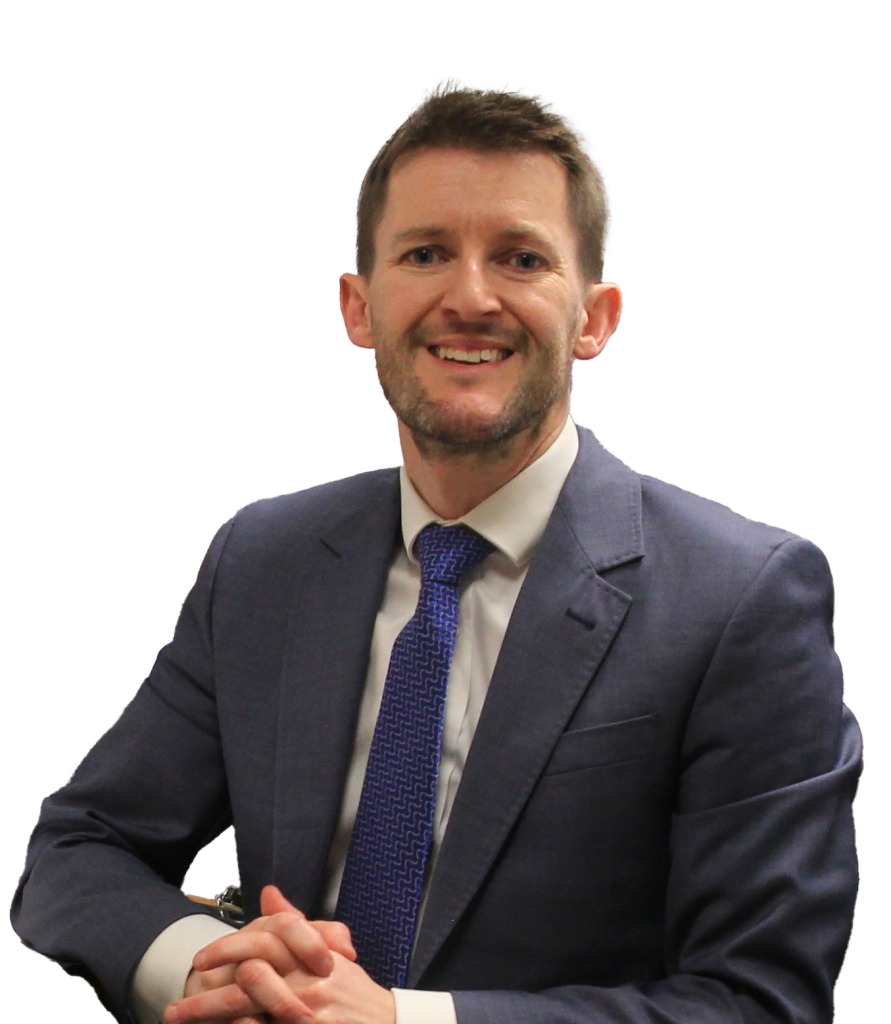Weight Loss Surgery in Leeds
Weight loss surgery is about more than just losing weight, it can be the start to improving your physical health and mental wellbeing.
Mr. Cockbain, a highly experienced specialist in weight loss surgery based in Leeds, offers a comprehensive approach to both surgical and non-surgical weight loss treatments. He understands that each person’s circumstances and weight loss journey is different, and that the decision to seek help for weight loss is an important one.
He can take time to explain the range of available weight loss procedures, and will offer his expertise and advice to help you decide which procedure is best for you.

YOUR CONSULATATION
Your consultation with Mr Cockbain will include:
- A full medical history
- Taking time to understand your weight loss journey and motivations for surgery
- Measurement of height, weight and BMI
- Information about the different weight loss procedures and how they differ
- Exploring which weight loss procedure you feel most comfortable with
- A recommendation of which procedure would be most appropriate for you
Your package of care
- If you choose to go ahead with weight loss surgery, Mr Cockbain will arrange for the hospital to provides you an all-inclusive package price which will include:
- Consultation with dietitian prior to surgery
- Pre-surgery assessment and blood tests
- Operation, including anaesthetist and surgeon fees, and hospital stay
- 2 years follow up with dietitian
- 2 years follow-up with Mr Cockbain
Gastric Bypass & Mini-Bypass
WHAT IS IT?
There are two ways of performing the gastric bypass, either the Roux-en-Y gastric bypass or the one-anastomosis bypass (also known as the mini-bypass). Mr Cockbain will discuss with you whether one is more suitable for you than the other.
The gastric bypass operations typically provide the greatest amount of weight loss, and offers the best chance of long-term improvement in other weight-related health problems such as high blood pressure, type 2 diabetes, breathing difficulties, joint pain and arthritis.
HOW IS THE SURGERY DONE?
Gastric bypass surgery is performed “keyhole” and you will usually stay in hospital for one night. A small stomach “pouch” is created by dividing the top of the stomach from the rest of the stomach. The pouch is then joined on to a portion of small bowel which is brought up from lower down the digestive tract.
HOW DOES IT WORK?
The gastric bypass operation helps you to lose weight in a number of ways. The small stomach pouch means that you will only be able to eat small portions of food. The bypassed portion of small bowel, which no longer has food passing through it, means that there is less bowel absorbing calories and nutrients. Finally, and most importantly, the change in passage of food through the digestive tract produces changes in the gut hormones and helps you to feel full and reduce hunger.
AFTER THE OPERATION
You will continue to receive support from Mr Cockbain and your dietitian for 2 years after your operation. You will need to start taking vitamin and mineral supplements, and it is important to continue these lifelong.
Many people feel their energy levels, mobility and overall health improve soon after the operation. Long-term success of surgery relies on making sensible food choices, following the advice of your dietitian, and regular exercise. With good food choices and regular exercise, you can achieve good results following the gastric bypass and start to enjoy a better quality of life.
One-anastomosis Gastric Bypass (“mini-bypass”)
Roux-en-Y Gastric Bypass
Sleeve Gastrectomy
WHAT IS IT?
The sleeve gastrectomy is one of the most popular weight loss operations. It involves removing up to 80% of the stomach, leaving you with a small tube-shaped stomach.
HOW IS THE SURGERY DONE?
The sleeve gastrectomy is a 50min “keyhole” operation. The stomach is divided using a stapling device, and a large part of the stomach is removed from the body. This is not reversible. You will usually stay in hospital for one night.
HOW DOES IT WORK?
The small stomach (or “sleeve”) means that you will feel full after only a small amount of food. The smaller stomach also produces less of the hunger hormone ghrelin, so you may also feel less hungry.
AFTER THE OPERATION
You will continue to receive support from Mr Cockbain and your dietitian for 2 years after your operation. You will need to start taking vitamin and mineral supplements, and it is important to continue these lifelong.
Many people feel their energy levels, mobility and overall health improve soon after the operation. The sleeve gastrectomy can also help to reduce problems such as high blood pressure, type 2 diabetes and breathing difficulties.
Long-term success of surgery relies on making sensible food choices, following the advice of your dietitian, and regular exercise. With good food choices and regular exercise, you can achieve good results with a sleeve gastrectomy and start to enjoy a healthier lifestyle.
BEFORE
AFTER
Gastric Bands
WHAT IS IT?
The gastric band is a silicone device that fits around the top of the stomach. The band is connected to a small port which sits underneath the skin. A needle can be passed painlessly through the skin into the port to either inflate or deflate the band to provide appropriate “restriction” to food passing through the band. The gastric band is designed to stay in lifelong, but can be removed if necessary.
HOW IS THE SURGERY DONE?
The gastric band is inserted during a 45minute “keyhole” operation, and you will usually go home the same day.
HOW DOES IT WORK?
After insertion of the gastric band you will notice some restriction or hold-up at the band, and will only be able to eat small portions of food. Food then passes through the band and continues through the digestive tract as normal.
AFTER THE OPERATION
You will receive support from Mr Cockbain and your dietitian for 2 years after your operation. You will need to take a multivitamin supplement lifelong after gastric band surgery.


